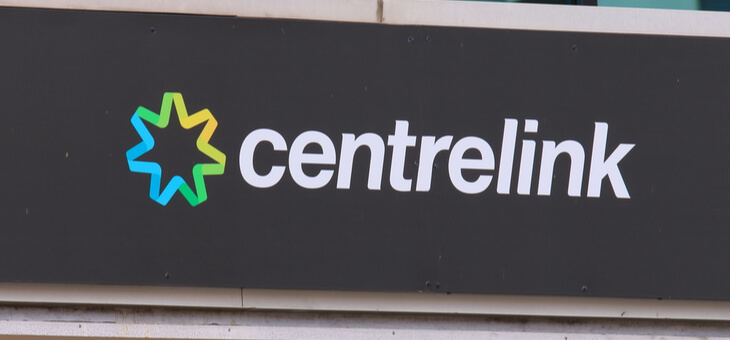With surging COVID cases across Australia, the ground rules relating to tests and isolation are changing regularly. So are the rules around hardship payments, which means you may be missing out on valuable income.
Also, given the meteoric surge in infections and hospitalisations, GPs are sharing guidelines on when you should seek medical help.
On Tuesday, the government decreed that rapid antigen tests could be used as proof that you’ve been infected with the virus, a switch from the previous ruling that a PCR test was required.
That changes eligibility for the Pandemic Leave Disaster Payment.
The payment supports those who stand to lose work because they’re isolating due to an infection or because they’re a close contact.
You’re also eligible if you’re caring for someone with a severe medical condition or disability who is isolating because they’re a close contact.
Read: Signs you may have had COVID and not known it
Services Australia general manager Hank Jongen told ABC Radio in Queensland that people who had access to seven days of sick leave would not be able to receive the payment, but that they would not be expected to use annual leave or long service leave.
If couples are isolating, both can apply.
If you are receiving JobSeeker payments, you are not eligible. And employees whose workplace has shut because of COVID cannot apply.
The assistance measure is a $750 lump sum payment for seven days, but from next Tuesday, 18 January, that will change slightly. It will still be a lump sum payment, but shift to a tiered system.
“Anyone who loses over 20 hours of work will still receive the full $750, but if you lose between eight and 20 hours, you will only receive $450,” the ABC reports. “Anyone who loses less than eight hours of work will no longer be eligible.
“A financial hardship test will also be introduced next week, which will mean anyone with $10,000 available and accessible to them will not get the payment.”
Read: Mixed messaging on need for fourth shot
You can apply for the assistance via the Services Australia website here.
Mr Jongen said that despite the switch on Tuesday, Services Australia would not initially require proof from applicants.
The goal is “to get money into people’s hands as quickly as possible”, he said. However he added: “It’s important that you keep the evidence because we will be retro-checking later. And of course, there will be compliance activities in the background.”
Mr Jongen said payments should be expected “within days”, but warned of constraints on the Service Australia workforce due to COVID.
Read: I’ve tested positive, what now?
Meanwhile, Dr Clare Skinner, president of the Australasian College for Emergency Medicine, says there are a number of guidelines and support services to help people assess COVID symptoms and decide whether they can manage from home.
They include the coronavirus hotline on 1800 675 398, the federal government’s Health Direct website and the Royal Australian College of General Practitioners’ home care guide.
“From my perspective, the worrying symptoms are things like severe difficulty breathing, chest pain, dizziness and not able to maintain fluid input,” Dr Skinner told the Guardian Australia.
“So if you’ve got severe vomiting and diarrhoea and you’re not able to get fluids in, or you’re not passing urine as often as you normally would, then they are reasons to seek hospital-level care.”
She said other red flags included worsening shortness of breath, blue lips, fainting or collapse, or a blood oxygen level of 92 per cent or less as measured on a pulse oximeter.
“If people do have life-threatening or urgent symptoms, I implore them to seek care either through the emergency department or their GP. No-one’s going to be judgemental with them about wasting our time,” she said. “We will all do our best to provide the care they need.”
Have you been able to access an emergency payment? Are you concerned about the availability of medical care if you contract COVID and are very unwell? Why not share your experience in the comments section below?
If you enjoy our content, don’t keep it to yourself. Share our free eNews with your friends and encourage them to sign up.

